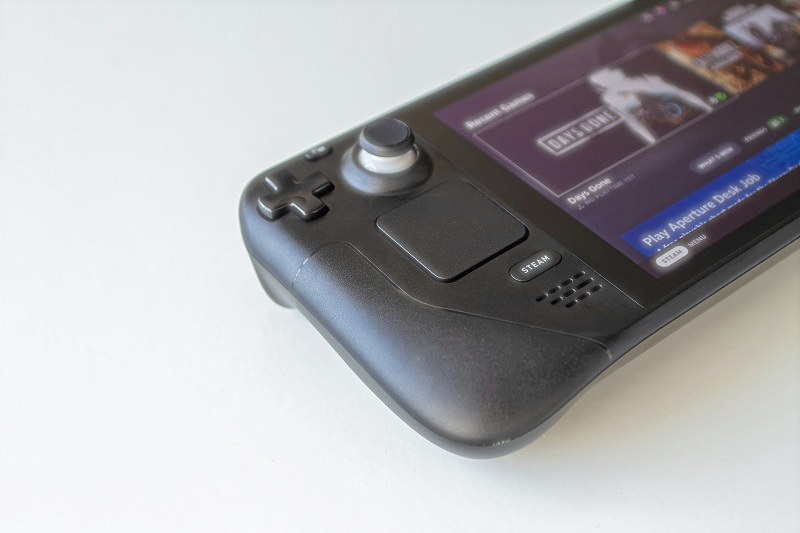It’s fascinating to see how the gaming landscape has shifted, especially with the rise of the Steam Deck. While PlayStation and Xbox have been busy pushing high-end consoles with ever-increasing price tags, they’ve completely overlooked the handheld market. Sure, the PlayStation Portal exists, but it feels more like a half-hearted attempt rather than a true competitor. Microsoft, on the other hand, seems to be scrambling to catch up, but it might already be too late. The Steam Deck, meanwhile, has carved out a niche by staying true to its roots: offering a portable, open platform that appeals to both gamers and developers. It’s a reminder that sometimes, less is more—especially in an era where cost is a major factor for many gamers.
What’s even more impressive is how the Steam Deck has become a haven for indie developers. By focusing on accessibility and affordability, Valve has created a space where smaller studios can thrive. The Steam Deck’s lower specs compared to high-end PCs have actually worked in its favor, making it an ideal testing ground for optimization and performance. This has allowed indie games to shine, giving them a platform they might not have had otherwise. In contrast, PlayStation and Xbox have become increasingly expensive ecosystems, both for developers and players. The high cost of entry feels like a misstep, especially during these economically challenging times. While Nintendo has enjoyed a renaissance with the Switch, it’s clear that Valve has found its own lane—and it’s paying off.
Looking ahead, it’s exciting to see where the Steam Deck goes from here. With Steam OS gaining traction and the potential for more developers to optimize for the platform, the possibilities are endless. Microsoft’s recent moves suggest they’re finally taking notice, but I can’t help but worry that corporate interests might dilute what makes the Steam Deck so special. Gaming is at a crossroads: will the industry continue chasing hyper-realistic graphics and bloated budgets, or will it focus on creating systems and games that people genuinely love? The Steam Deck proves there’s a market for the latter. Only time will tell who wins this battle, but one thing’s for sure—Valve has changed the game.
